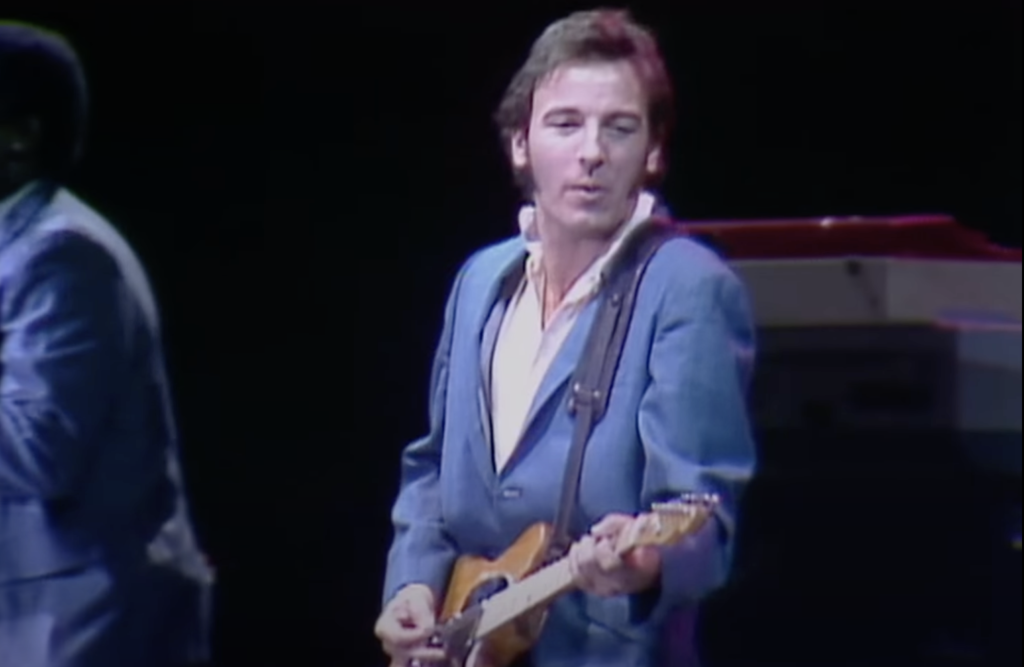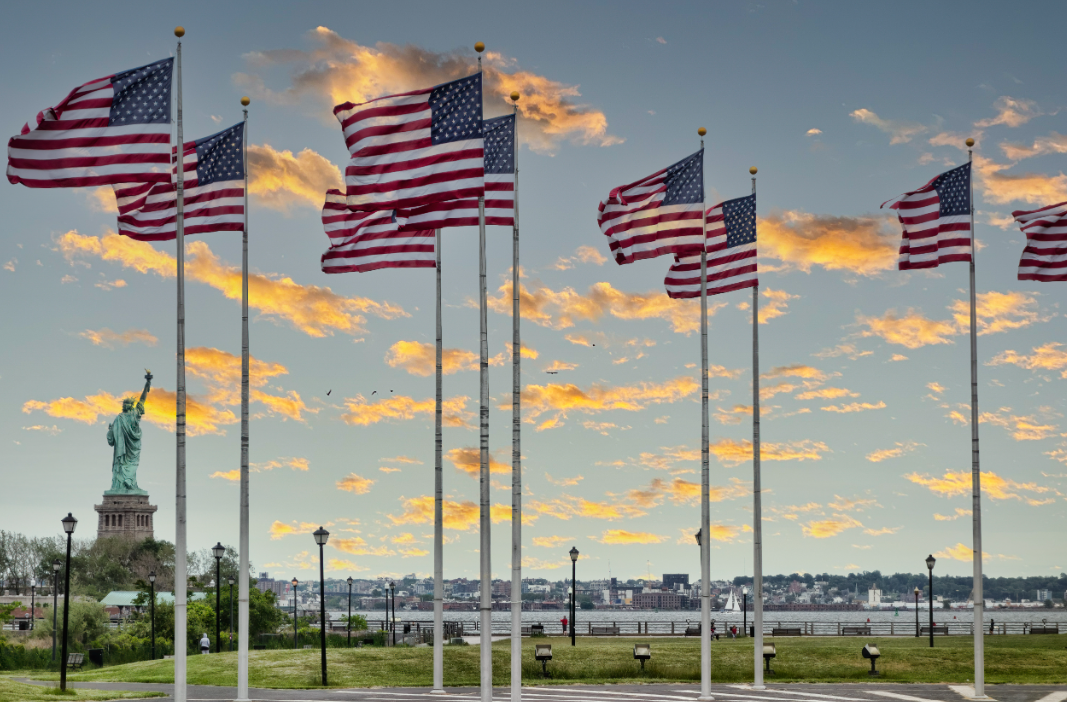
Bruce Springsteen’s 1975 album “Born to Run” is widely considered to be one of the greatest rock albums of all time. The album’s title track, “Born to Run,” has become a cultural touchstone, an anthem of youthful rebellion and escape that has resonated with generations of fans. But while the song’s universal themes of freedom and adventure have made it a classic, its connection to Springsteen’s home state of New Jersey has also helped to cement its status as a beloved Jersey anthem.
Springsteen grew up in Freehold, New Jersey, and his music has always been deeply rooted in the culture and history of the state. His lyrics are often filled with references to New Jersey landmarks and characters, from the boardwalks of Asbury Park to the highways that crisscross the state. But it was “Born to Run” that really put Springsteen on the map as a voice of New Jersey and its people.
The song’s opening lines immediately set the stage: “In the day we sweat it out on the streets / Of a runaway American dream.” These lyrics capture the restlessness and yearning for something more that many young people in New Jersey feel. Springsteen’s lyrics go on to describe a world of fast cars and late-night adventures, where escape is the only option: “We’ll run till we drop, baby we’ll never go back / Will you walk with me out on the wire / ‘Cause baby I’m just a scared and lonely rider.”
For many Jersey residents, the song’s depiction of a life spent chasing a dream and living on the edge of society is deeply relatable. The state has a long history of producing working-class heroes who have struggled to make ends meet, and Springsteen’s music speaks directly to this experience. As one fan told NPR, “It’s not just a song for people from New Jersey, it’s a song for anyone who feels like they’re trapped and they’re trying to break free.”
In addition to its lyrical content, “Born to Run” also captures the spirit of the New Jersey music scene at the time. In the 1970s, Asbury Park was a hotbed of musical talent, with clubs like The Stone Pony and The Fast Lane hosting up-and-coming artists like Springsteen, Southside Johnny, and Bon Jovi. The sound of the Jersey Shore music scene was gritty and raw, with influences ranging from soul and R&B to rock and roll and punk. “Born to Run” embodies this sound, with its soaring saxophone solos and driving guitar riffs.
Over the years, “Born to Run” has become a fixture of Jersey culture, and its popularity has only grown with time. In 2009, the song was designated the official state anthem of New Jersey, a fitting tribute to its status as a cultural touchstone. Springsteen has also continued to play the song at concerts throughout his career, and it remains one of his most iconic hits.
But “Born to Run” is more than just a song – it’s a symbol of the New Jersey spirit. It represents the struggles and dreams of working-class people everywhere, and the belief that anything is possible if you’re willing to fight for it. As Springsteen himself once said, “I wanted to make the greatest rock record I’d ever heard. I wanted it to sound enormous, to grab you by your throat and insist that you take that ride – to speak to the part of you that can’t quite believe that you’re really alive.”
For many New Jerseyans, “Born to Run” speaks directly to this experience of living on the edge of the American dream. It is a song about the power of hope, and the belief that no matter how hard things get, there is always a way out.
In addition to its impact on New Jersey culture, “Born to Run” has also had a profound influence on music as a whole. The album was a commercial and critical success, cementing Springsteen’s place as one of the most important artists of his generation. Its themes of youthful rebellion and longing for escape resonated with listeners across the country and around the world, and it helped to define the sound of rock and roll for a new generation.
But even as “Born to Run” became a cultural touchstone, its connection to New Jersey remained central to its appeal. The state has long been associated with a certain kind of gritty, blue-collar authenticity, and Springsteen’s music embodies this spirit. His songs are filled with references to New Jersey landmarks and culture, from the neon lights of the Jersey Shore to the diners and highways that dot the state.
For many fans, Springsteen’s music is a powerful expression of the New Jersey experience. As one fan put it in an interview with NPR, “He sings about things that are very specific to New Jersey, but they’re also universal. There’s something about the way he tells those stories that makes you feel like you’re part of it.”
And while Springsteen’s music has evolved over the years, he has never lost touch with his roots in New Jersey. His 2019 album “Western Stars” explores a different kind of American landscape – the deserts and canyons of the American West – but even here, there are echoes of his Jersey heritage. In songs like “Tucson Train” and “Drive Fast (The Stuntman),” Springsteen draws on the same themes of escape and redemption that have always been central to his music.
As Springsteen himself once said, “You can’t really know who you are until you know where you’re from.” For him, that means New Jersey – a place of grit, determination, and endless possibility. And for fans of his music, that connection to the Garden State is a big part of what makes his music so special. Whether you’re a lifelong resident of New Jersey or just a fan of Springsteen’s music, there’s something uniquely powerful about the way his music captures the spirit of the state and its people.
